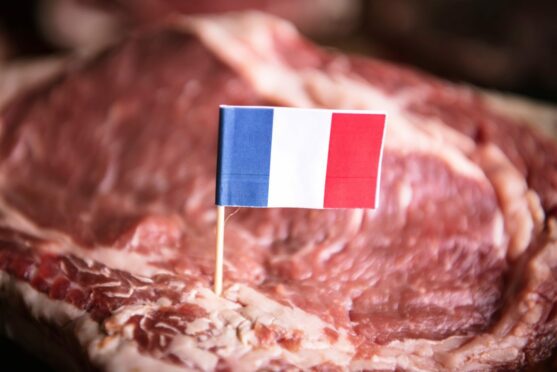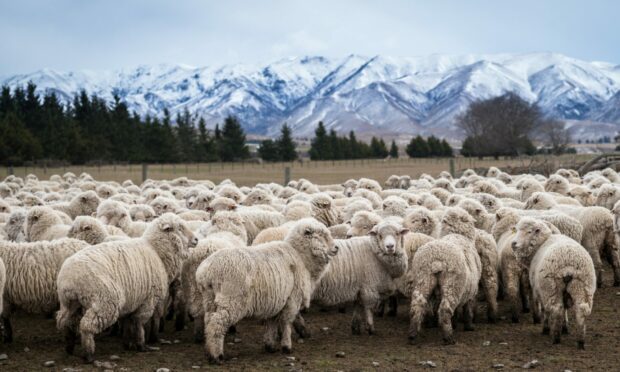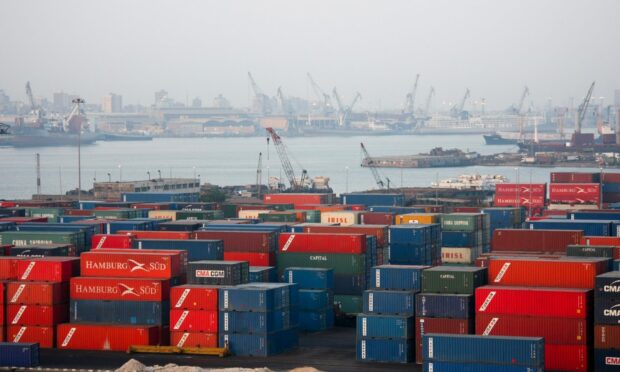The French Government has introduced legislation that from October will ban the use of ‘meat’ terms from plant-based food products.
This will cover terms such as steak and sausages traditionally associated with meat, however burgers have been excluded on grounds that this is a generic rather than meat only term.
This mirrors EU legislation that bans dairy terms, such as milk and cheese, for products not produced from mammals.
The EU has already rejected a plan to extend this to meat, but France says it is necessary to avoid confusion for consumers.
France is the first EU member state to do this, in the face of a growing global investment in plant-based meat alternatives.
Because of EU single market rules this only applies to products made in France.
However because of Brexit the UK could do this for all products, but given the Government’s green policies a gesture in support of agriculture is a remote possibility.
Meanwhile, the EU and New Zealand have achieved their goal of a bilateral trade deal that includes agriculture.
The EU says this will lift all tariffs on EU exports to New Zealand, creating significant opportunists for wine and pigmeat, while protecting the sensitive EU sectors against imports. New Zealand will also protect EU geographical origin products against substitution.
This deal will have to be ratified by EU member states, but it does appear to offer the protections sought by the farming lobby.
The products under threat from New Zealand, including dairy, beef, lamb, ethanol and sweetcorn, will be protected from zero rate tariffs by tariff rate quotas (TRQs). These will restrict tariff cuts where damage to European producers would result.
Despite those safeguards the concept of allowing Fortress Europe to be breached will be raised by the farming lobby, but on balance this looks an attractive outcome for both sides.
In the UK farmers will not be able to decide whether in its rush for a deal with New Zealand the UK was too ready to make concessions.
However with a market of just 60 million against the EU’s 400 million plus, the UK will always have to give more to buy deals.
Lastly, the boom days for European agri-food trade seem to be slipping away, thanks to the global impact of the war in Ukraine.
But Europe remains the world’s biggest agri-food trader with a still strong trade balance gap between exports and imports.
The latest figures up to March show that trade with Russia has all but been eliminated.
This was a major market for the EU, capable of taking large volumes of commodities, and a key outlet for fruit and vegetables for EU countries bordering Russia.
The big export increases for the EU in the first quarter of the year were to the UK, Japan and United States.
After a collapse immediately after Brexit in 2021 imports from the UK are now in recovery mode. It and Brazil enjoyed the biggest year on year growth at 50% plus.
Meanwhile an EU report has said more must be done to ease the export of grain from Ukraine – a process that might be made easier by Russia abandoning a strategic island that helped it blockade the Black Sea ports.
Richard Wright is an agricultural industry commentator.



Conversation